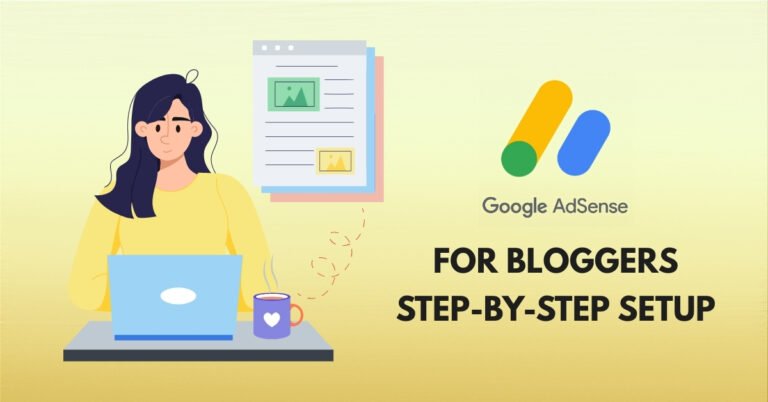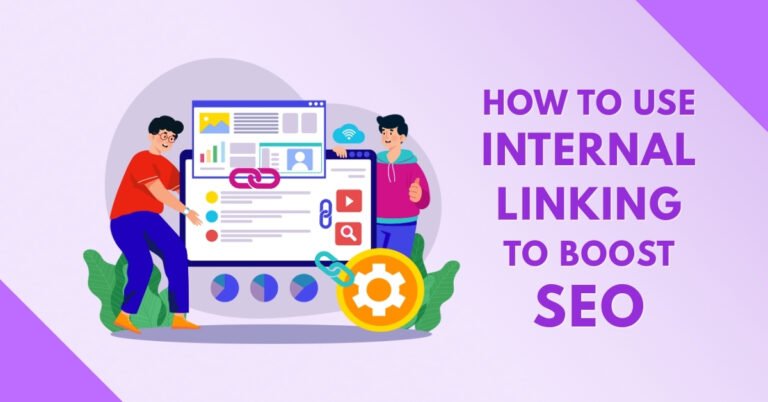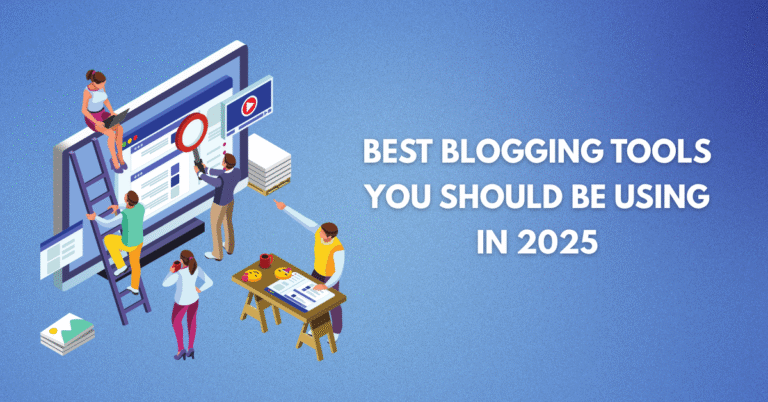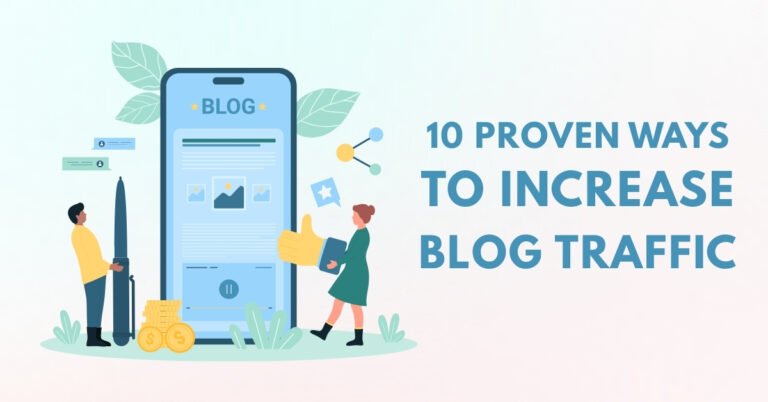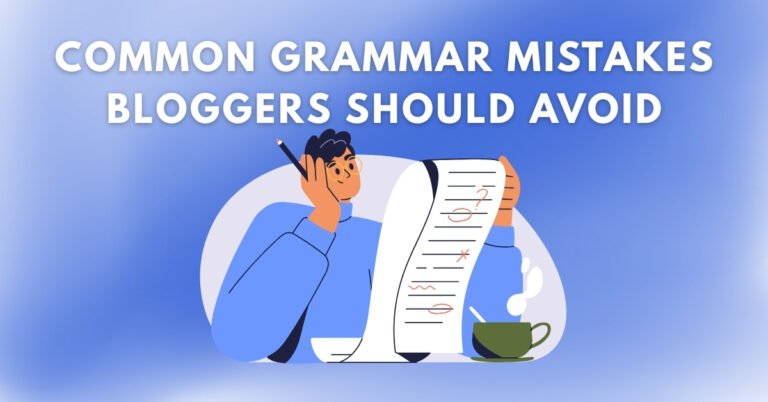If you’ve been blogging for a while and are ready to monetize your content, sponsored posts are one of the best (and most beginner-friendly) ways to get paid. You don’t need millions of pageviews or a massive following to attract brands—just a focused niche, consistent content, and the right strategy.
In this comprehensive guide, you’ll learn everything you need to know about sponsored posts: what they are, how they work, how much you can charge, where to find opportunities, and how to pitch brands like a pro.
What Are Sponsored Posts?
A sponsored post is a blog article (or sometimes a social media post) that’s paid for by a company. You’re essentially writing about a product, service, or brand in exchange for compensation.
These posts can be:
- Product reviews
- Tutorials or how-tos featuring a brand’s product
- Brand awareness campaigns
- Sponsored listicles (e.g., “10 Tools I Use as a Blogger”)
You’re still writing in your voice, but the content is sponsored by a business.
Why Sponsored Posts Are Great for Beginner Bloggers
Even if your blog is small, sponsored posts are a smart way to start monetizing because:
- You don’t need a huge audience.
- They often pay more than ads or affiliate links (per post).
- You build real relationships with brands.
- You stay in control of your content.
What Do Brands Look for in a Blogger?
Brands don’t just care about traffic. They look at:
- Niche relevance – Are you writing for their target audience?
- Engagement – Do readers trust your recommendations?
- Consistency – Are you posting regularly?
- Professionalism – Is your blog visually clean, mobile-friendly, and error-free?
How Much Can You Earn from Sponsored Posts?
Your earnings depend on several factors:
| Blog Traffic | Rate Per Post (Average) |
|---|---|
| 1,000–10,000 monthly views | $50 – $150 |
| 10,000–50,000 views | $150 – $500 |
| 50,000+ views | $500 – $2000+ |
Other variables:
- Social media reach
- Email list size
- Niche (Finance and Tech usually pay higher)
- Content format (written post, video, podcast, etc.)
Tip: As a beginner, you can bundle services (blog + social media + email) to charge more.
Where to Find Sponsored Post Opportunities
Here are several proven ways to find brand sponsorships:
1. Join Blogger Networks
These platforms connect bloggers with brands:
- Influencity
- TapInfluence
- Blog Meets Brand
- IZEA
- Activate by Impact
- Sway Group
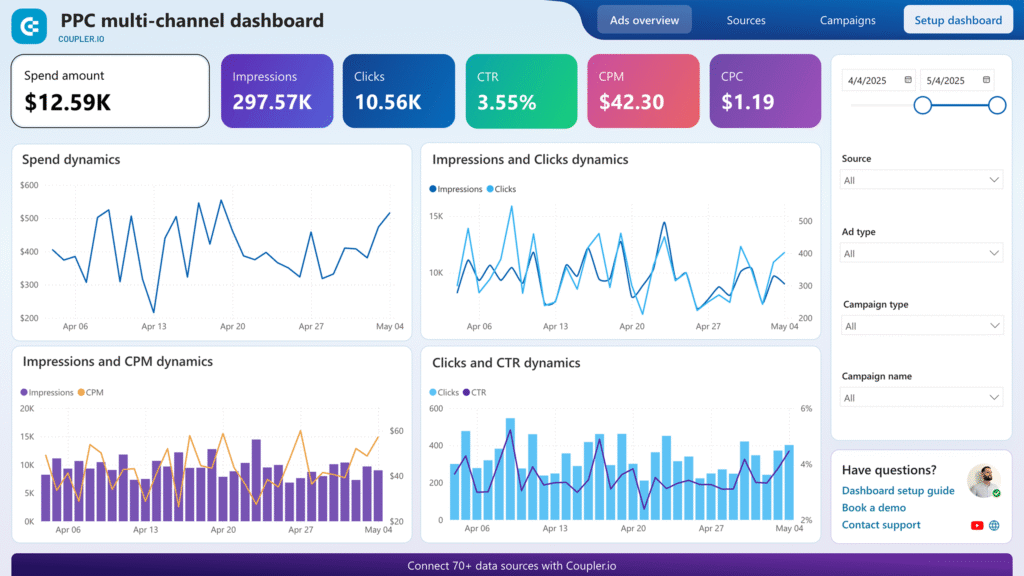
2. Reach Out to Brands Directly
Find brands in your niche and send them a pitch email (template below).
3. Use Affiliate Relationships as Leverage
If you’re already promoting a product through affiliate marketing, contact the brand about working on a paid post.
4. List “Work with Me” on Your Blog
Create a dedicated “Work with Me” or “Partner” page with:
- Stats (traffic, niche, audience demographics)
- Services (sponsored posts, giveaways, reviews)
- Contact form

How to Pitch Brands for Sponsored Posts
Step 1: Identify Relevant Brands
Choose brands that align with your niche and audience values.
Step 2: Craft a Winning Pitch Email
Here’s a basic email template:
Subject: Potential Collaboration with [Your Blog Name]
Hi [Brand Manager’s Name],
I’m [Your Name], the founder of Helping Bloggers, a blog that helps beginners grow with WordPress.
I love [Brand/Product Name] and think it would genuinely benefit my readers. I’d love to collaborate on a sponsored blog post to promote your product authentically to my engaged audience.
Here’s a bit about my blog:
- Monthly readers: [Insert]
- Email subscribers: [Insert]
- Instagram followers: [Insert, if relevant]
Let me know if you’re open to chatting more!
Best,
[Your Full Name]
[Blog URL]
Step 3: Follow Up
If you don’t hear back within a week, send a polite follow-up.
How to Write a Sponsored Blog Post That Converts
Your sponsored content should be:
- Helpful and authentic
- Not overly salesy
- Disclosed clearly (FTC rules apply)
Use This Structure:
- Hook – Start with a relatable problem
- Introduce the Product – Naturally
- Share Your Experience – What did you like? How did it help?
- Include a Call-to-Action – Where readers can learn or buy
- End with a Summary – Reiterate benefits

Legal Rules: Disclosing Sponsored Content
Always follow FTC Guidelines:
- Use clear language like:
- “This post is sponsored by [Brand].”
- “I received compensation for this post, but all opinions are my own.”
Place disclosures at the TOP of the post.
Tips to Get More Sponsored Opportunities
- Grow your email list – Brands love email reach.
- Optimize your About and Contact pages.
- Share your blog posts on social media regularly.
- Improve your blog design – A professional look builds trust.
- Network with other bloggers – Referrals are common!
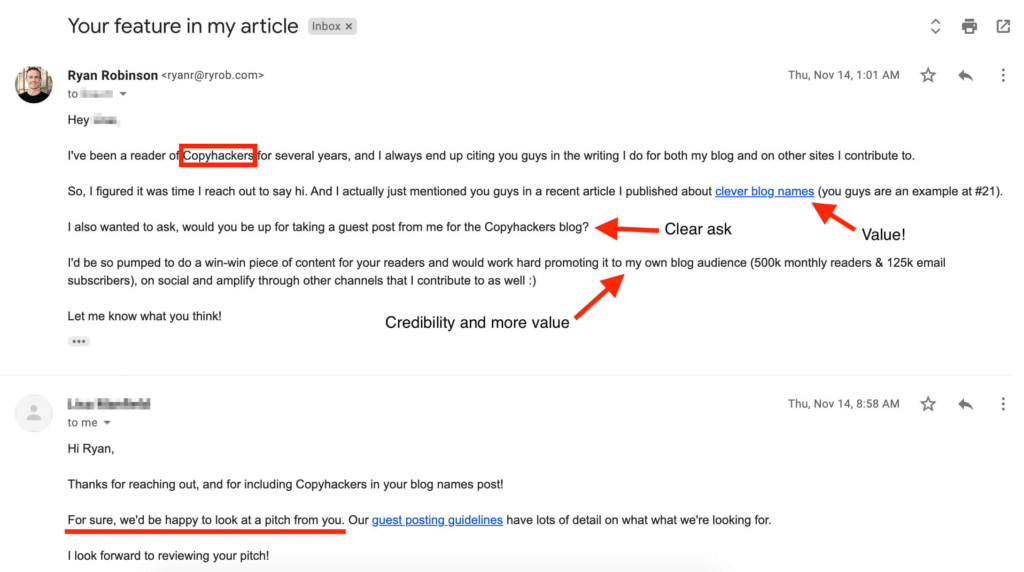
YouTube Video Examples
Tools to Track and Manage Sponsored Posts
- Google Sheets or Airtable for tracking brands, payments, due dates
- Canva for branded post graphics
- Trello or Notion for editorial calendar and deadlines
- Grammarly for error-free posts
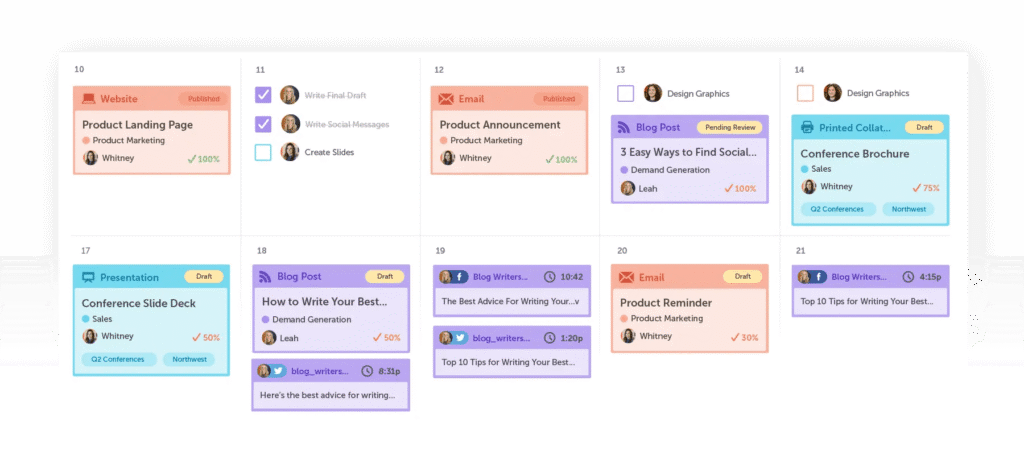
FAQ: Sponsored Blogging
Consider your traffic, niche, and effort involved. Start with $50–$100 if you’re new, and scale as your audience grows.
Absolutely. If a product doesn’t fit your audience, it’s better to decline. Authenticity builds long-term trust (and better opportunities).
Final Thoughts: You Can Get Paid to Blog (Even as a Beginner)
Sponsored posts are not just for mega-influencers. If you have a blog, a focused niche, and a genuine connection with your readers—you can land brand deals that pay.
Start small, be consistent, and focus on value. Over time, brands will come to you.

